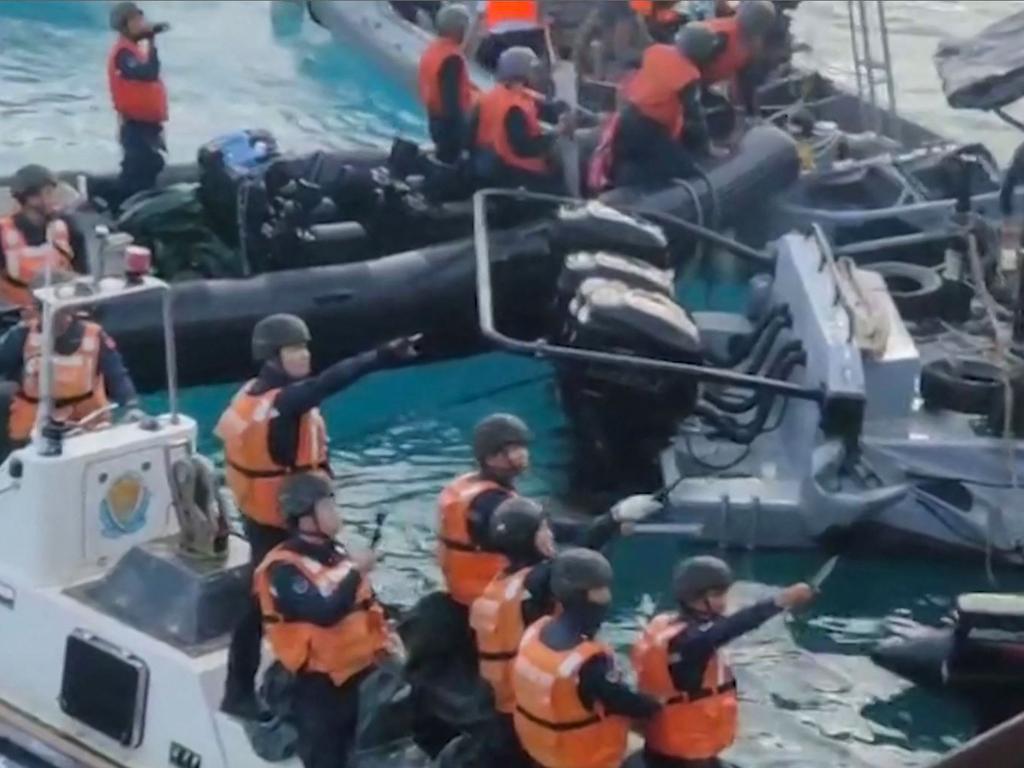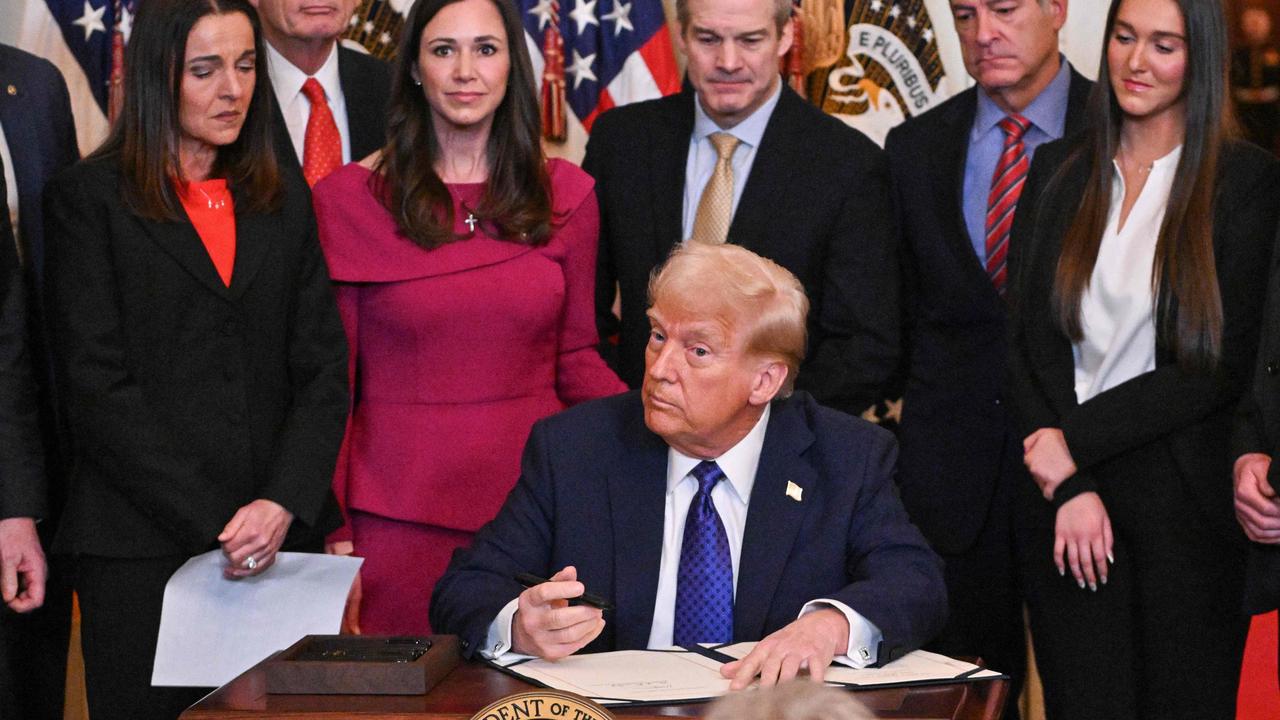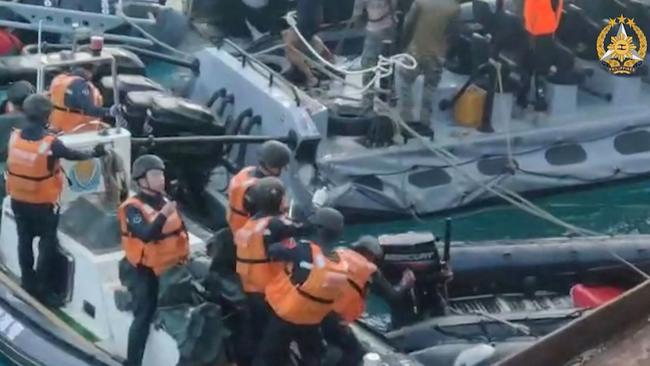
The Philippines is in dispute with China over their maritime territorial boundaries in the South China and West Philippines seas.
Consistent with the UN Convention on the Law of the Sea, in 2013 The Philippines took its dispute with China to the Permanent Court of Arbitration for independent judgment on the contending claims. In short, in 2016, the court upheld the position and claims of The Philippines, and dismissed China’s claims. China rejected the authority of the court, did not participate in proceedings, and rejected its final decisions.
Naval forces of the countries now face off in these seas, with the flashpoint being the Second Thomas Shoal, upon which The Philippines maintains a physical presence to uphold its claims.
The Philippines has a defence treaty with the US not dissimilar to the ANZUS treaty, and signed in the same year, 1951. The US is honouring its commitment in the treaty to support its ally in its dispute with China. Indeed. last year it agreed to guidelines that applied the treaty’s general commitments to any armed attack in the South China Sea (and including on coast guard vessels).
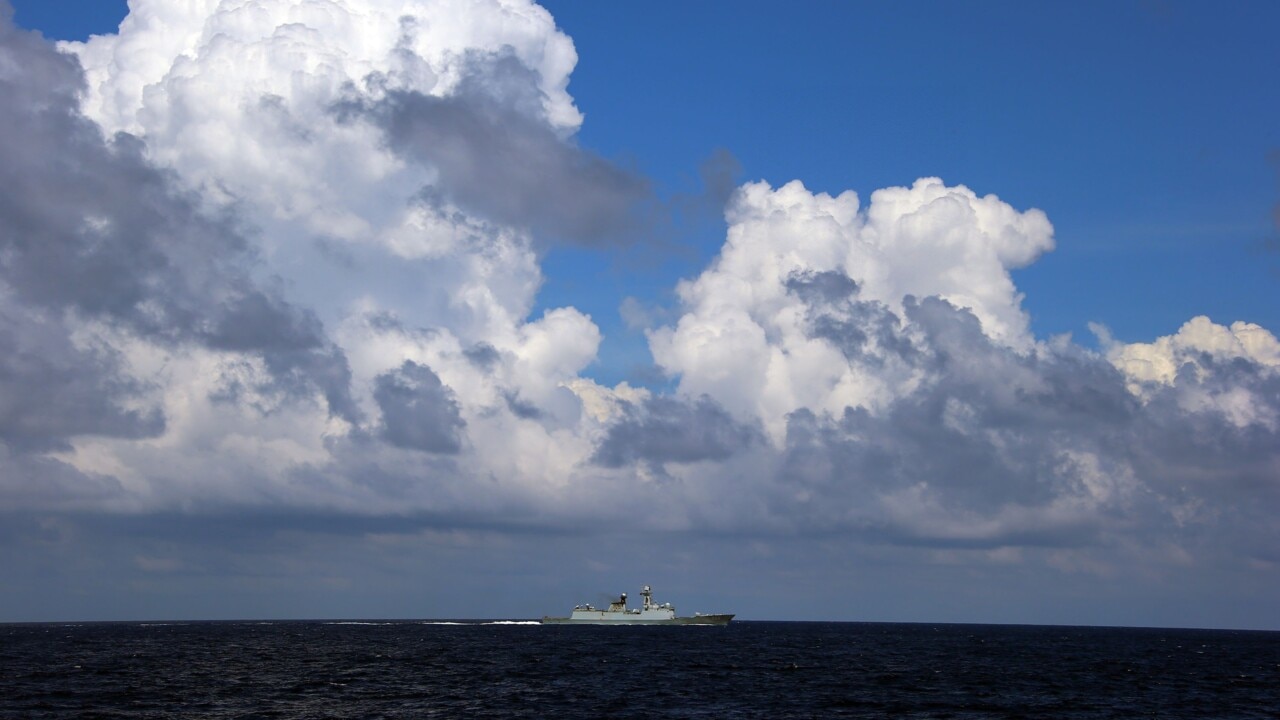
An attack on US forces defending The Philippines arguably would trigger Australian obligations under ANZUS, not that a military response is required from us. Australia should not, however, view any involvement in the conflict as forced by its treaty obligations.
It is in Australia’s interests, as a liberal democratic middle power, that The Philippines be supported, both to uphold the UN Charter and to support the exemplary action of The Philippines in seeking to resolve the conflict through peaceful means.
Australia sees its interests at stake in a challenge to the rules-based order in the region in the actions by China against The Philippines. Notwithstanding that it has no treaty with The Philippines, Australia has committed its navy to joint patrols with the Philippine navy in what it deems to be Philippine territorial waters.
Since June 15, in what can only be seen as a “lawfare” component in this conflict, China has begun to apply and enforce in the area domestic laws pertaining to illegal movement across its national borders. With the first boarding by the Chinese Coast Guard of a Philippine supply vessel under these laws, the situation is escalating.
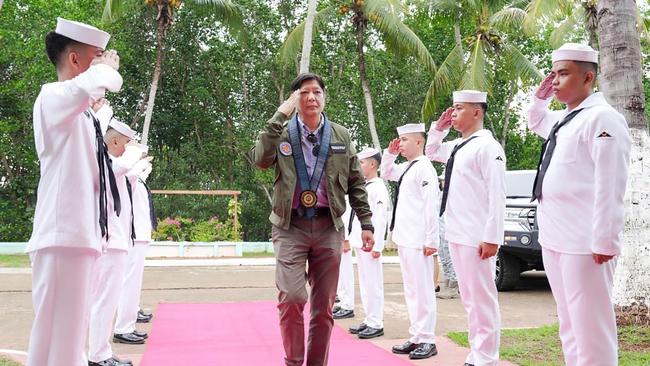
Now consider this scenario: China’s Coast Guard detains Filipino fishers in these disputed waters under what it claims is the applicable Chinese law. Australia joins The Philippines in protesting the arrests and demands such arrests cease. Australia is told not to interfere with the application of Chinese border laws in any dispute between China and The Philippines and any such interference, including naval support for the Philippine and US navies in preventing Chinese Coast Guard ships from enforcing the law, will be treated as an act of war.
In any conflict defending The Philippines and its territorial integrity, Australia would be subjected to intense political warfare. The Australian public would be told China’s action is consistent with its historical rights; that China is simply acting in accordance with its border laws in the same way Australia enforces its border laws; that Australia has no treaty with The Philippines and no role to play in that matter; that ANZUS does not apply and that the US is dragging Australians into unnecessary wars; that the US is exploiting and exacerbating the dispute to preserve its own hegemony in the region.
We would be told that Australia will suffer significant loss of life and face significant economic sanctions for matters outside its concerns, and that China, with its now well-known military power, would prevail in any conflict and the losses would be for nought.
The government has rightly committed naval assets to support the Philippine navy in its waters. It must, as Mike Pezzullo, former secretary of the Department of Home Affairs and Border Protection, recently argued, start to operationalise ANZUS first to deter escalation, but then to successfully manage escalation involving military engagement alongside the US and The Philippines.
It must also begin to actively engage the Australian public to explain why we should involve its armed forces in defence of The Philippines.
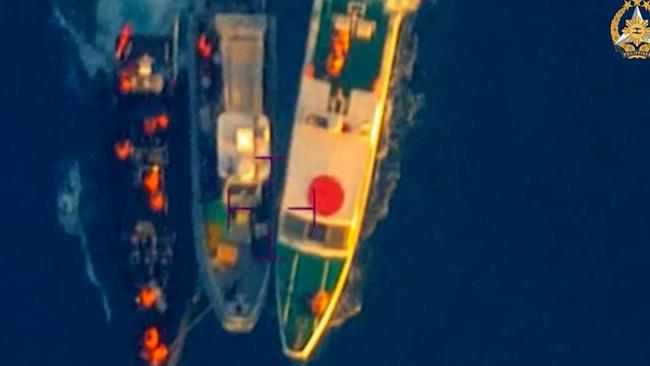
As the Court of Arbitration has ruled, China’s claims to historic rights in the South China Sea do not withstand independent judgment.
Application of its laws against Filipino fishers or naval forces are therefore void. Australia sees defence of The Philippines as being in its interests and flowing from that country’s rights to defend its territorial integrity, having tried to do so through the peaceful means of independent arbitration under international law. In addition, were US forces attacked defending The Philippines, ANZUS would be invoked.
Hopefully, China pulls back from its military intimidation of The Philippines. It is in its interests to do so.
At the moment, its actions suggest that what a Chinese “all under heaven” hegemony would mean for states in the region is “China first, and do as we say”.
China must surely wish its influence, not least within ASEAN, will be based on a softer form of power, founded on equal treatment and respect for the sovereignty of neighbouring states, as President Xi Jinping has said it should be.
If it does not, however, and notwithstanding the tragic potential impact of military escalation on Australia’s economy and armed forces, the government should make clear, both to its citizens and to China, that Australia must, and will, defend The Philippines – in defence of that country’s rights, in our interests, and in the interests of a free and rules-based region.
Chris Gardiner is CEO of the Institute of Regional Security. These views are his own.


